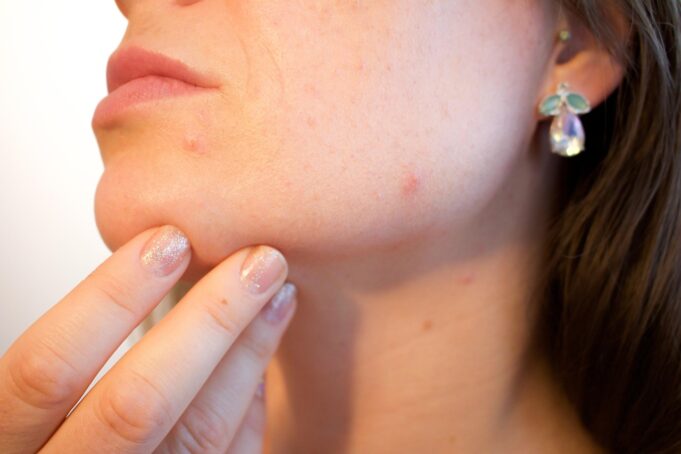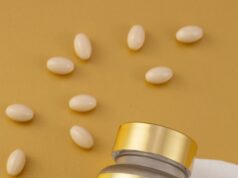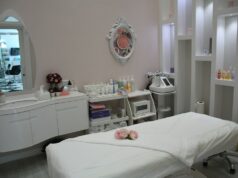Acne is a common skin condition that affects people of all ages, and while it is most often associated with teenagers, many adults also struggle with breakouts and persistent skin issues. Finding the right treatment for acne can be challenging, but the National Health Service (NHS) offers a range of options to help people manage and reduce their symptoms. Within these treatments, there are medical, procedural, and skincare-based approaches that can target acne effectively. Below, we break down some of the best acne treatments offered through the NHS and beyond, focusing on microneedling, facials, chemical peels, creams, and skincare plans.
Medical Treatment Options
The NHS primarily recommends treatments that have been clinically tested and approved. For mild to moderate acne, topical creams and gels are often prescribed. These include retinoids, which help to unclog pores and encourage skin renewal, benzoyl peroxide to reduce inflammation and kill acne-causing bacteria, and antibiotics designed to fight bacterial infections on the skin. Azelaic acid is another common recommendation, especially for those who cannot tolerate retinoids or benzoyl peroxide. It works by reducing inflammation and pigmentation caused by acne.
For more severe cases of acne, oral medications like antibiotics or hormonal treatments, such as contraceptive pills for women, may be offered. Isotretinoin, a powerful oral retinoid, is another option used for severe cystic acne. Although highly effective, isotretinoin requires careful monitoring due to potential side effects, and it is generally reserved for cases where other treatments have failed.
Microneedling
Microneedling is a popular dermatological procedure that has gained traction as an effective treatment for acne scars, though it can also help to improve overall skin texture and tone. While the NHS does not routinely offer cosmetic microneedling, it may be available through private dermatological clinics. The procedure involves the use of tiny needles that puncture the skin to stimulate collagen production. This can help to smooth out pitted scars that often result from severe acne and improve skin elasticity. Paired with medical treatments, microneedling can be an excellent option for those looking to improve skin affected by previous acne outbreaks.
Facials and Professional Skincare Treatments
Although the NHS does not routinely provide facials for acne, professional facials designed to target acne-prone skin can complement NHS-approved treatments. Acne facials often include deep cleansing, gentle exfoliation, and the application of soothing masks or serums to calm active breakouts. Some facials also incorporate LED light therapy, which uses blue light to kill acne-causing bacteria while reducing inflammation.
Professional facials can help reduce the frequency and severity of acne breakouts, especially when performed by trained specialists. Regular facials can also prevent clogged pores and help maintain the effects of prescription treatments. However, it’s important to consult with a dermatologist before undergoing facials to ensure they are appropriate for your skin type.
Chemical Peels
Chemical peels are another popular skincare treatment that can be used to manage acne and reduce the appearance of acne scars. The treatment involves the application of a chemical solution, such as salicylic acid or glycolic acid, to the skin. This solution exfoliates the top layer of skin, unclogs pores, and encourages the growth of new, clear skin. Mild chemical peels may be suitable for active acne, while stronger peels are often reserved for post-acne scars.
The NHS typically does not cover chemical peels, as they are considered cosmetic treatments. However, private dermatological clinics may offer these procedures. Regular chemical peels, combined with a tailored skincare plan, may provide noticeable improvements in skin tone, texture, and acne symptoms.
Skincare Plans
A consistent skincare plan is essential for managing acne, and the NHS emphasizes the importance of maintaining good skin hygiene. Effective skincare plans often involve gentle, non-comedogenic cleansers, moisturizing with products suitable for oily or acne-prone skin, and using targeted treatments like spot creams. Over-the-counter options, such as salicylic acid cleansers or niacinamide serums, can complement prescribed treatments.
It’s important to use sunscreen as part of any skincare plan, especially when using retinoids or exfoliating treatments, as acne-prone skin can be particularly sensitive to sunlight. Developed in conjunction with a dermatologist, a customized skincare plan can be one of the most effective ways to control acne and maintain clear skin.
Emerging Treatments
Beyond the above options, there are other emerging treatments for acne that might become more mainstream in the future. Laser therapy, for instance, can target bacteria and reduce redness, while blue light therapy shows promise in clinical trials for combating acne breakouts. Although not standard NHS treatments, these options could supplement traditional therapies and offer additional benefits to people with persistent acne.
Combining Treatments for Best Results
Often, the most effective way to treat acne involves combining multiple treatments to address different aspects of the condition. For example, a skincare plan focusing on cleansing and moisturizing can form the foundation of your routine, while topical treatments, oral medications, or professional services like microneedling or chemical peels target specific concerns. Combining treatments with professional guidance from a dermatologist ensures that the approach is tailored to your unique skin type and severity of acne.
Psychological Support
Acne can take a significant toll on an individual’s mental health, especially when it is severe or persistent. The NHS recognizes the emotional impact of skin conditions and may offer support through counseling or referrals to mental health services. Addressing the psychological effects of acne is an integral part of the treatment process and can improve overall quality of life.
Final Thoughts
While acne can be a frustrating condition to deal with, there are many effective treatments available through the NHS and private clinics. From medical creams and oral medications to advanced procedures like microneedling and chemical peels, there is a wide range of options catering to various skin types and severities of acne. Pairing these treatments with a well-designed skincare plan can make a significant difference in achieving and maintaining clear, healthy skin. Always consult with a dermatologist to determine the best combination of treatments for your needs.













